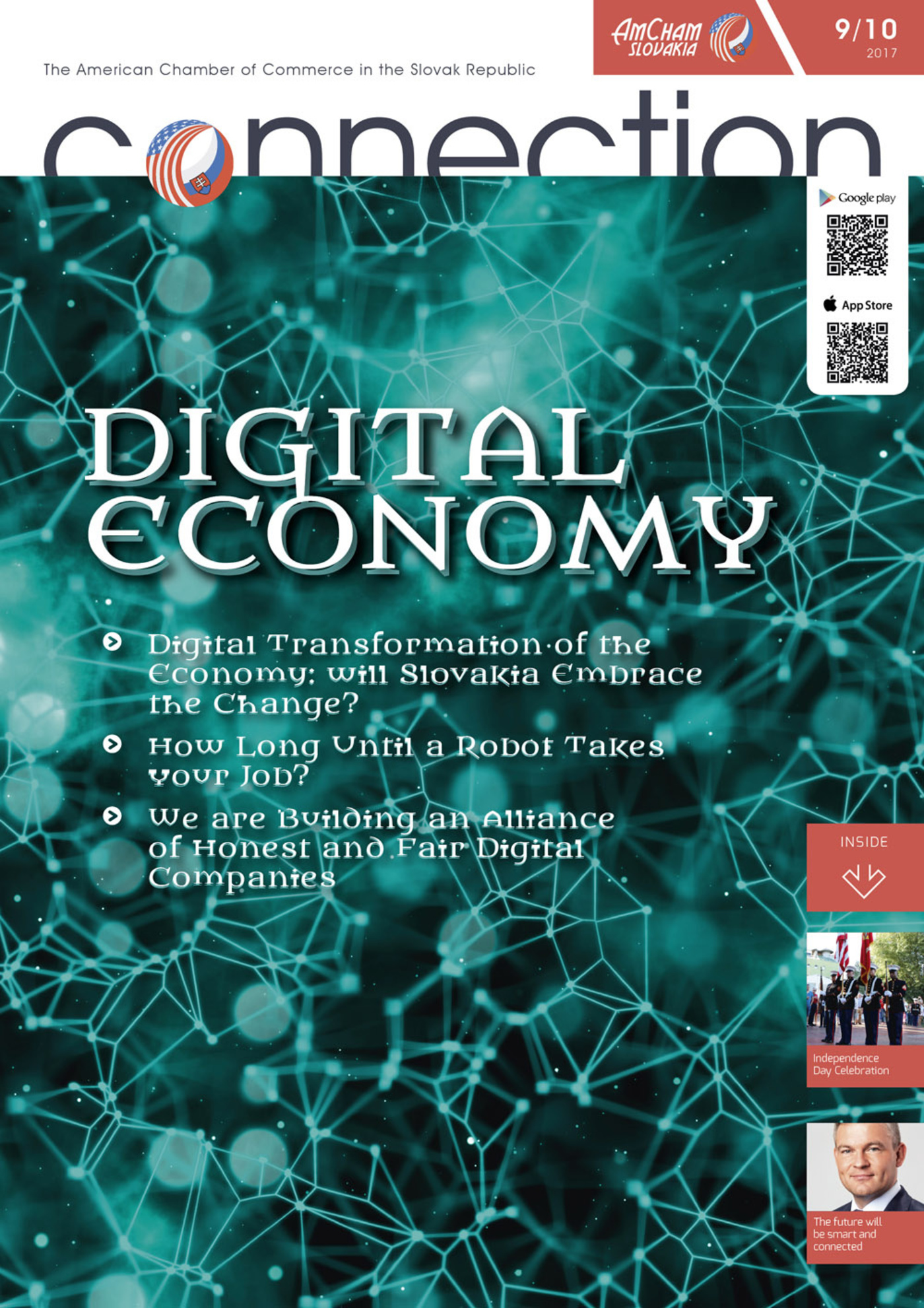More than 80% of these accountants around the world were of the view that strong ethical principles and behavior will become more important in the evolving digital age. Furthermore, 90% of professional accountants agree that ethical behavior helps to build trust in the digital age, while 94% agree that the fundamental principles for accountants established by the International Ethics Standards Board for Accountants (IESBA) still apply and remain relevant in the digital age. These are integrity, objectivity, professional competence and due care, confidentiality and professional behavior.
It seems likely that risks of compromise go way beyond issues of honest and straight-forward professional and business relationships. The fundamental principle identified as being under threat of compromise was “professional competence and due care”.
Reacting properly requires building up a high standard of knowledge and understanding of the situation and its context before being able to act in an ethical manner. It is difficult to apply ethical judgment regarding the use of distributed ledgers, for example, without an understanding of what they are, and the opportunities and challenges they pose.
“Upholding their own professional code” was identified by professional accountants as the best way of contributing to their organization’s ability to uphold ethics – a view that translates as “ethics begins with me”. However, a strategic understanding may become particularly important when looking ahead to new or previously unseen situations in a digital age.
If procedures have not been tested and well understood over several years, for example, when dealing with a new area such as the adoption of platform-based operations, then it becomes particularly important to understand the strategy and purpose to avoid the wrong procedure and unintended consequences.
Strong leadership to set the tone at the top was cited as the top area (by about two-thirds of respondents) where support is needed for promoting ethical behavior in organizations.
A substantial minority did not report an incident, did not see reporting of bad practice as a way of contributing or did not cite a “speak-up” policy, with appropriate anonymity or protection as an area where support would help. This may be an area that needs further strengthening in order to help professional accountants to act as the “ethical conscience” of their organizations.
About the research
The Ethics and Trust in a Digital Age report comprises findings from two types of work-streams: quantitative and qualitative research.
- The survey was completed by respondents in 158 countries. Over 10,000 respondents completed the survey, of whom roughly 40% were ACCA members, 55% were ACCA students and the remaining 5% were members/students of other professional accountancy bodies. In addition, to get a view of how accountants are perceived by others, 510 C-suite respondents who interact with the accountants in their organizations were also surveyed.
- Qualitative research was based on roundtable discussions with senior practitioners, at CFO/ partner/equivalent level to examine ethical questions within specific digital themes: cybersecurity, platform-based business models, Big Data and analytics, cryptocurrencies and distributed ledgers, automation, artificial intelligence and machine learning, procurement of technology.
Respondents were asked to share their views, based on their actual experiences so far, on possible ethical challenges in the future. One aspect of this was the perception of future threats to ethical behavior, with five categories of threats being considered.
- Self-interest threat: a financial or other interest (personal/organizational) will inappropriately influence a professional accountant’s judgment or behavior.
- Familiarity threat: owing to a long or close relationship with a client or employer, a professional accountant will be too sympathetic to that party’s interests or too accepting of their work.
- Intimidation threat: a professional accountant will be deterred from acting objectively because of actual or perceived pressures, including attempts to exercise undue influence over the professional accountant.
- Self-review: a professional accountant will not evaluate appropriately the results of a previous judgment, made earlier in the course of providing a current service.
- Advocacy: a professional accountant will promote a client’s or employer’s position to the point that the professional accountant’s objectivity is compromised.
Self-interest and familiarity were highlighted as the biggest threats looking ahead, with just under a quarter (24%) of respondents highlighting them as most likely to become more common in an increasingly digital future. Advocacy was the least cited, with about one in seven respondents highlighting it as a future threat.
Professional accountants should think about the following aspects as they navigate ethical situations in the digital age:
- Build knowledge of emerging technologies and digital issues: to reduce risk of compromise to professional competence and due care
- Combine process control with a strategic view: to reduce the risk of unintended consequences
- Evaluate mechanisms for reporting unethical behavior: to reduce the risk of breaches.
When looking ahead, the vast majority of respondents are of the view that strong ethical principles and behavior will become more important in the evolving digital age. As noted above, respondents see the potential for a range of threats and associated breaches. This, combined with the pace of change and the need to absorb new information specific to digital scenarios, may be driving the view that this area will become even more important in the future.
Katka Benešová, Head of ACCA Czech Republic, Slovakia, Hungary



Follow us